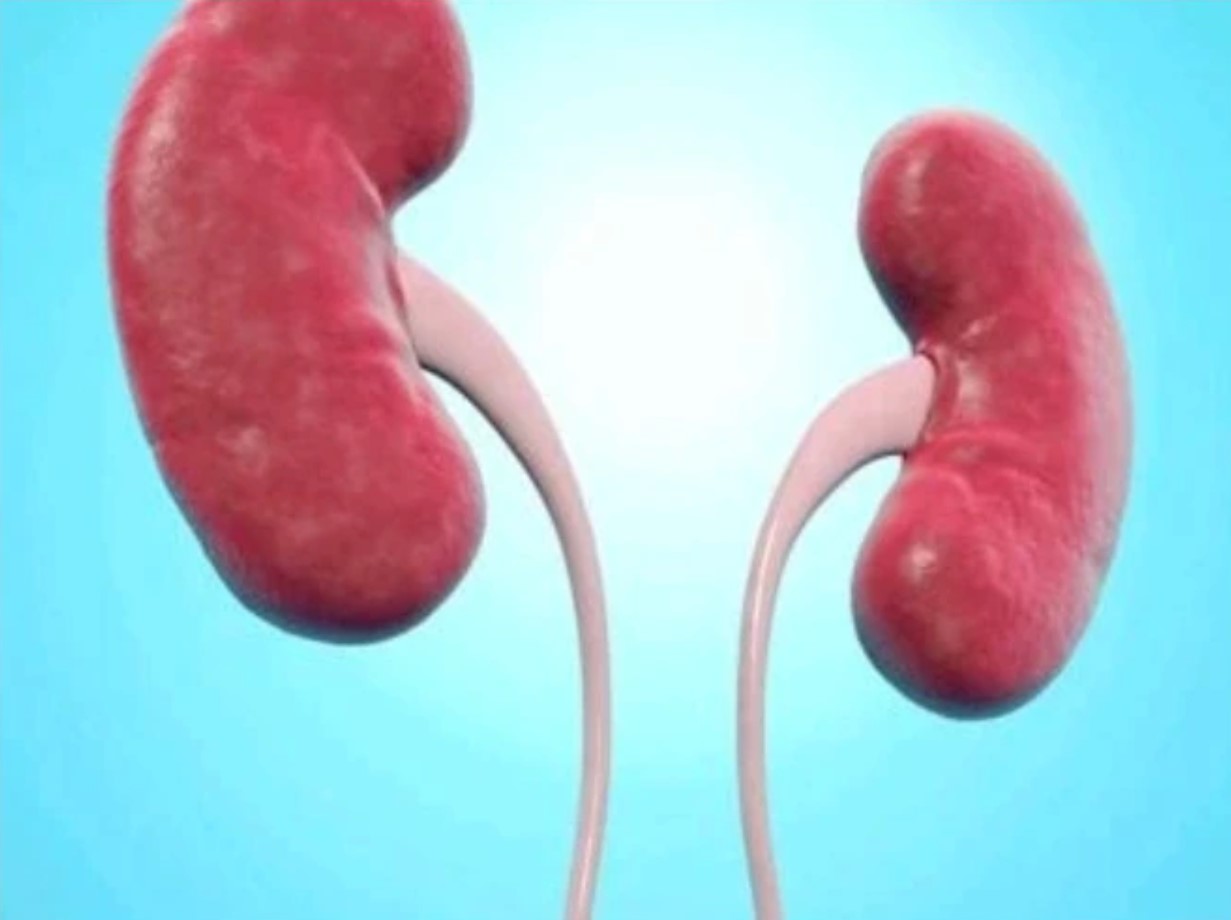Diabetes is a significant risk factor for kidney disease, as high blood sugar levels can damage the blood vessels in the kidneys over time. Managing diabetes effectively and taking proactive steps to care for your kidneys is crucial for maintaining overall health and preventing complications. Here’s how to take care of your kidneys if you have diabetes:
**1. Monitor Blood Sugar Levels:** Keeping blood glucose levels within target ranges is vital for preventing kidney damage. Regular monitoring helps ensure that your diabetes management plan is working effectively. Use glucose meters or continuous glucose monitors as recommended by your healthcare provider…Click Here To Continue Reading>> …Click Here To Continue Reading>>
**2. Manage Blood Pressure:** High blood pressure is a common complication of diabetes and can exacerbate kidney damage. Aim for a blood pressure target recommended by your healthcare provider, typically around 130/80 mmHg. This might involve taking prescribed antihypertensive medications, reducing sodium intake, and engaging in regular physical activity.
**3. Follow a Kidney-Friendly Diet:** A diet low in sodium, phosphorus, and protein can help protect kidney function. Focus on consuming fresh fruits, vegetables, and whole grains while avoiding processed foods high in salt and additives. Moderating protein intake can reduce the strain on kidneys, which must filter out waste products from protein metabolism.
**4. Stay Hydrated:** Adequate hydration is important for kidney health. Drink plenty of water throughout the day, but if you have advanced kidney disease, your healthcare provider might provide specific guidelines regarding fluid intake.
**5. Avoid Smoking and Limit Alcohol:** Smoking and excessive alcohol consumption can worsen kidney function and increase the risk of cardiovascular problems. Quitting smoking and limiting alcohol intake can have a positive impact on overall health and kidney protection.
**6. Take Medications as Prescribed:** Adhering to your prescribed medications, including those for diabetes, hypertension, and cholesterol, is crucial. Medications like ACE inhibitors or ARBs can be particularly beneficial for protecting kidney function in diabetics. READ FULL STORY HERE>>>CLICK HERE TO CONTINUE READING>>>
**7. Regular Check-ups:** Routine medical check-ups, including blood and urine tests, are important for early detection of kidney problems. These tests can help monitor kidney function and detect any early signs of diabetic nephropathy.
**8. Exercise Regularly:** Regular physical activity helps manage blood sugar levels and blood pressure, which are crucial for kidney health. Aim for at least 150 minutes of moderate-intensity exercise per week, such as brisk walking, swimming, or cycling.
**9. Manage Weight:** Maintaining a healthy weight can alleviate the burden on your kidneys and help manage diabetes more effectively. Combine a balanced diet with regular exercise to achieve and maintain a healthy weight.
**10. Be Aware of Medication Impact:** Some over-the-counter medications and supplements can adversely affect kidney function, especially when combined with diabetes medications. Always consult with your healthcare provider before taking new medications or supplements.
By incorporating these strategies into your daily routine, you can better manage your diabetes and reduce the risk of kidney damage. Regular communication with your healthcare provider and adherence to a comprehensive diabetes management plan are essential components in maintaining kidney health.


 SPORTS5 months ago
SPORTS5 months ago
 IN-THE-NEWS2 weeks ago
IN-THE-NEWS2 weeks ago
 SPORTS5 months ago
SPORTS5 months ago
 METRO4 months ago
METRO4 months ago
 IN-THE-NEWS5 months ago
IN-THE-NEWS5 months ago
 IN-THE-NEWS2 weeks ago
IN-THE-NEWS2 weeks ago
 METRO5 months ago
METRO5 months ago
 SPORTS4 months ago
SPORTS4 months ago


